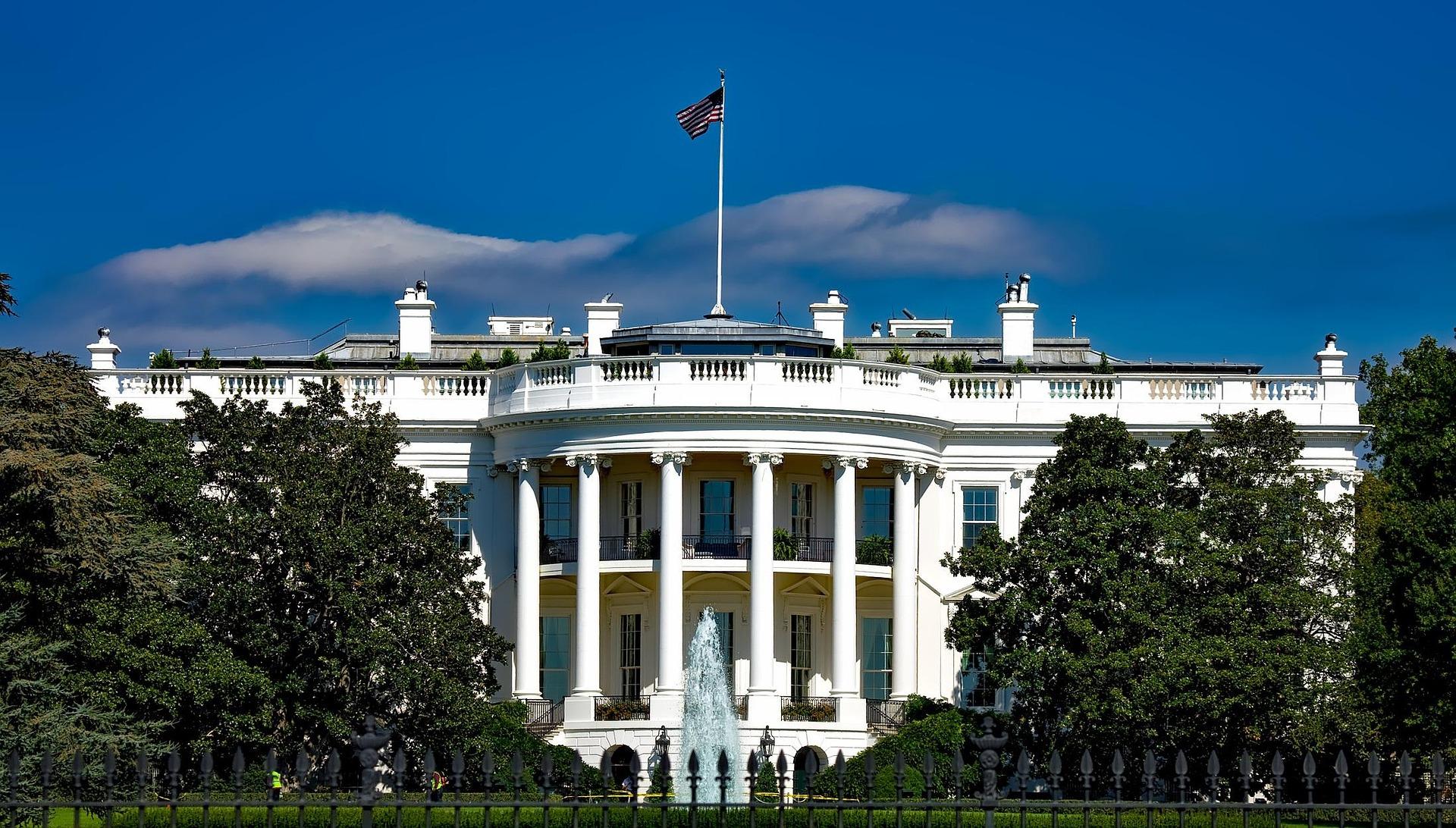
UK insolvency levels remained steady during the first quarter of 2025, but the ongoing fallout over US tariffs has led to warnings that administrations could increase sharply over the coming months.
Analysis of Companies House data by advisory firm Interpath Advisory showed that there were 330 UK administrations during the first quarter of 2025, up slightly year-on-year from 321 in Q1 2024 and down marginally from 337 in Q4 2024.
The data showed the widespread nature of insolvencies across a number of industries. Retail (43 administrations), construction (42), business services (42) and leisure and hospitality (29) accounted for the majority of collapses during the first quarter.
Regionally, London dominated the figures, with close to a third of the quarter’s insolvencies (32.7 per cent). The North West followed with 22.7 per cent, followed by the Midlands and North East (12.7 per cent each).
Interpath Advisory CEO Will Wright stated that widespread distress was being “driven by challenges like rising labour costs following the latest changes to National Insurance Contributions and National Minimum Wage, soft trading, supply chain disruptions, and wafer-thin margins.”
While insolvencies remain high, they have been steady over recent quarters. However, the number of UK companies at risk of insolvency due to significant financial distress has driven concerns that administrations could soar if further headwinds emerge.
Such a scenario may be on the horizon, with Will Wright asserting that tariffs imposed by President Trump could result in a significant increase in administrations during the summer.
He commented: “The latest insolvency figures reflect the period of relative stability we’ve had in the UK after a steady stream of administration cases over the past year. But now, economic protectionism means that the storm clouds are gathering after months of fair skies.”
Wright stated that tariffs had “sent shockwaves round the globe and [...] knocked corporate confidence” and could lead to expansion plans being “put on ice and a reduction in capex and technology investment.”
Wright continued: “Management teams are concerned by the effect these changes will have on their own trading and margins, but also the stability of supply chains and medium-to-longer term health and demand within economy.”
While, in recent days, President Trump has backed off and paused higher tariffs for all nations other than China, uncertainty remains. Nations including the UK are still set to face blanket tariffs of 10 per cent on all US exports and the worldwide economic impact of this could be huge.
Tariffs, and the economic uncertainty surrounding them, have the potential to plunge some of the UK’s most struggling sectors further into distress and could lead to a major acceleration in insolvency rates over the coming months.
Just this week, the British Retail Consortium stated that, while it was hard to calculate the impact of tariffs on imported goods, the economic uncertainty could have a devastating effect on the beleaguered sector.
Recent increases in inflation have been blamed for a 5 per cent drop in retail footfall during March, with high streets, retail parks and out-of-town shopping centres all seeing declines. According to the British Retail Consortium’s Chief Executive Helen Dickinson, the impact of tariffs could further damage already weak consumer confidence, potentially worsening the situation for struggling retailers.
Discussing the potential impact of tariffs on insolvency levels, Will Wright commented: “Unless the UK can ratify a bespoke deal quickly, we should expect a notable rise in administration levels in sectors such as industrial manufacturing and automotive through the summer ahead, with the indirect effects of the tariff hike to hit services further down the line.”
“The timing couldn’t be tougher as so many businesses should be ramping up investment right now as we pass through a period of fundamental structural change in the economy which has been upended by the rapid emergence of AI.”
Ultimately, whether tariffs come to pass or not, the uncertainty surrounding them looks set to persist and could serve to further dampen confidence among UK businesses at a time when many would have been hoping to be investing in growth.
Find out more about the headwinds facing UK SMEs.
A well-established practice is looking for a buyer who values client relationships and exceptional service delivery. The vendor is looking for a buyer who values personal relationships with clients and is committed to maintaining the exceptional serv...
This general practice firm presents a significant opportunity for growth, especially by expanding services in inheritance tax planning.
This client is entering the market for the first time, seeking a friendly and approachable firm to manage both staff and client relationships going forward.
Join today to receive:
All this and much more, including the latest M&A news and exclusive resources
We can help you capitalise on insolvent businesses. We list UK businesses in administration, liquidation and with winding up petitions daily. Ensuring our members never miss out on an opportunity
Please choose your settings for this site below. For more information please read our Cookie Policy
These cookies are necessary for our website to function properly and provide you with access to all features.
These are analytics cookies that help us to improve the way our website works.
These are used to improve the functional performance of the website and make it easier for you to use.
